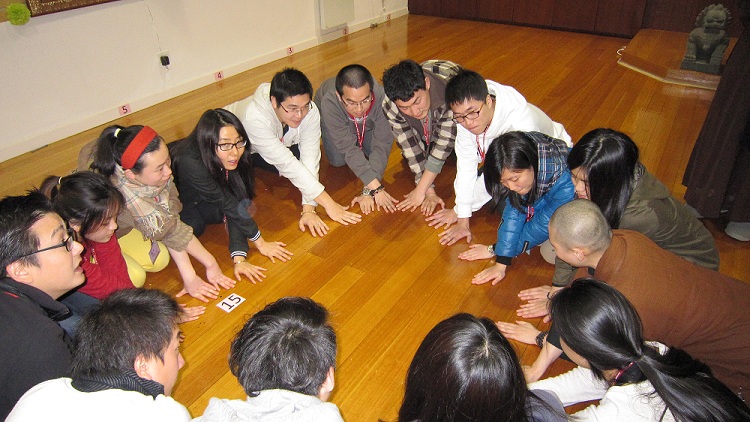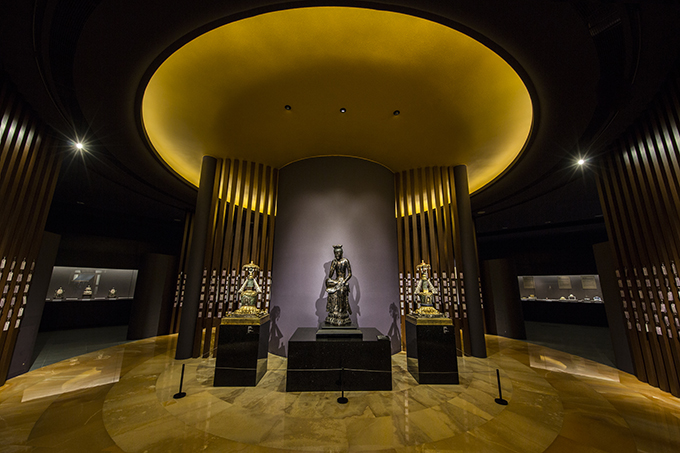Nicole
Joining this camp was an amazing experience for me. A few months ago when shifus were organizing this camp, I did not notice that there was an age limit and it would have stopped me from even signing up, but this was one of the best mistakes I’ve made. This is because a few months ago, after signing up for this camp, I fell apart emotionally and was completely lost with the decisions in hand and most importantly forgot the reason why I was a Buddhist. This camp once again reminded me of a lot of things and gave me an opportunity to relieve my emotions.
As most of you know, I seem very quiet and shy and I also belong in a very loving Buddhist family, but in fact, I was a completely different girl in my childhood and never realized or appreciated what a fortunate family I had. Back then I was the girl that was very confident with everything. I received good grades and even had great leadership skills. Due to that fact, a lot of people complimented me and that was when I started to become a self-centered person. So when I realized what a horrible person I was turning into, I started to make myself think I wasn’t good enough, I started to try and change myself, but this resulted me to be a very insecure person, to the point I will avoid eye contacts and panic. Our family wasn’t close to what we are now either. I never opened myself up to my parents and told them nothing about me. Which now I think back, this would have made it so hard for them to understand their daughter. I think our relationship became much stronger now, at least I’m not as scared of my dad anymore, and we actually have great conversations!
A lot of these memories rushed back to me after camp and that was when I decided to try and tell my mum the reasons of why I acted like that. So that night, we had a deep conversation that lasted till 2am. Even though this made both of us feeling exhausted for the next couple of days, it was worth it. I felt so much lighter inside and was feeling very happy.
Buddhism changed my perspective on everything, thus changing my life and the relationship of my whole family. There’re still lots for me to learn and improve on, especially gaining my confidence once again. So thank you everyone, for reminding me all these precious memories and led me back on the right path again. THANK YOU!


